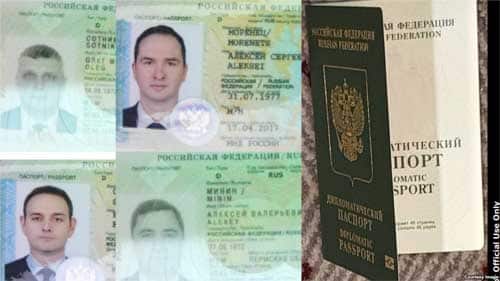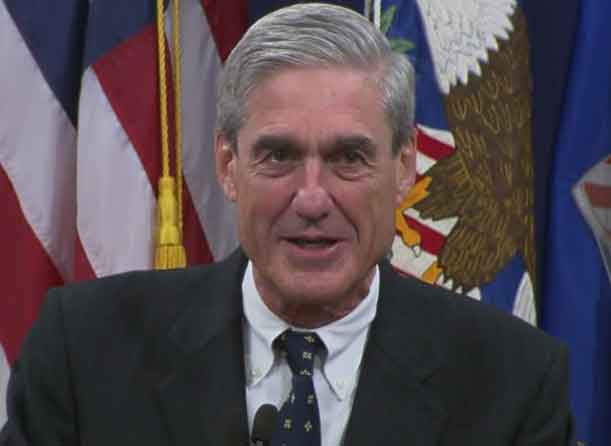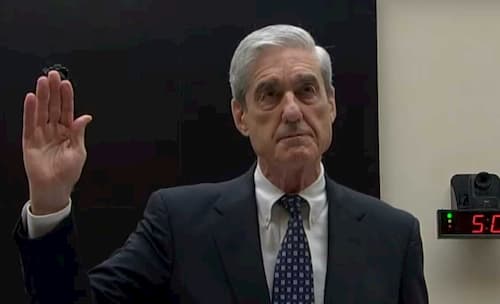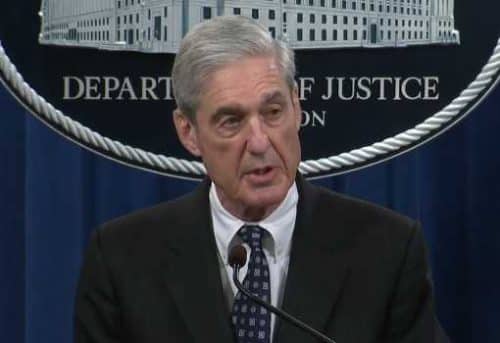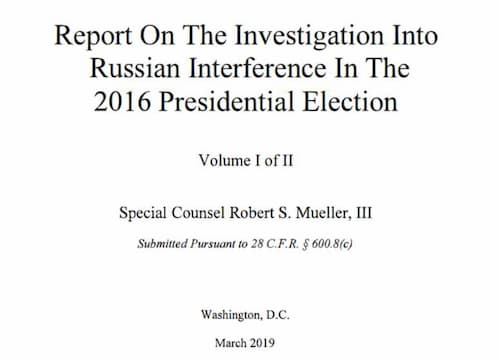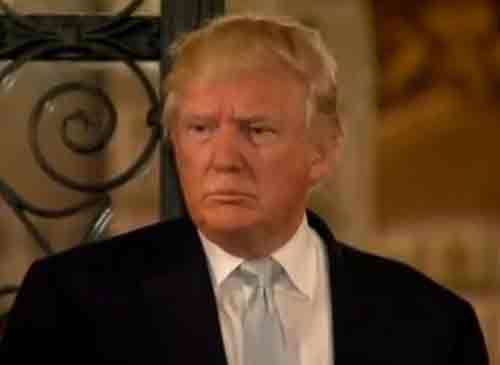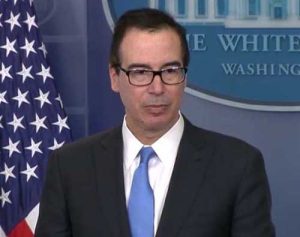 |
The United States has blacklisted two dozen Russian “cyber actors” for interfering in the 2016 U.S. presidential election and other malicious cyber-attacks.
The U.S. Treasury Department sanctions targeted the GRU, the Russian military intelligence organization, and 13 Russians already indicted by U.S. special counsel Robert Mueller in his investigation of Moscow’s meddling in the election, and the Internet Research Agency, the St. Petersburg company that sought to sow discord in the U.S. election with fake stories and commentary about controversial American issues.
Treasury Secretary Steve Mnuchin said Thursday the Trump administration “is confronting and countering malign Russian cyber activity, including their attempted interference in U.S. elections, destructive cyber-attacks, and intrusions targeting critical infrastructure. These targeted sanctions are a part of a broader effort to address the ongoing nefarious attacks emanating from Russia.”
The sanctions mark the first time the Trump administration has laid direct blame for election interference on the Russian government.
Trump has only reluctantly acknowledged Russian interference, saying it could have been other countries or individuals as well. He has ridiculed claims that his campaign colluded with Russian interests during his successful run for a four-year White House term as an excuse by opposition Democrats to explain his upset win over former Secretary of State Hillary Clinton.
19 Targeted
Treasury’s action blocks any the 19 sanctioned individuals and five entities from doing any business in the United States, while saying that Americans “are generally prohibited from engaging in transactions with them.”[xyz-ihs snippet=”adsense-body-ad”]Treasury said its “action counters Russia’s continuing destabilizing activities, ranging from interference in the 2016 U.S. election to conducting destructive cyber-attacks,” including the June 2017 NotPetya attack that hit European businesses.
It described the NotPetya incident last year as “the most destructive and costly cyber-attack in history. The attack resulted in billions of dollars in damage across Europe, Asia, and the United States, and significantly disrupted global shipping, trade, and the production of medicines. Additionally, several hospitals in the United States were unable to create electronic records for more than a week.”
The Treasury statement said that since “at least March 2016, Russian government cyber actors have also targeted U.S. government entities and multiple U.S. critical infrastructure sectors, including the energy, nuclear, commercial facilities, water, aviation, and critical manufacturing sectors.”
Treasury said that in addition to imposing the sanctions, it is continuing to “pressure Russia for its ongoing efforts to destabilize Ukraine, occupy Crimea, meddle in elections, as well as for its endemic corruption and human rights abuses.”
It said the “recent use of a military-grade nerve agent in an attempt to murder two (British) citizens further demonstrates the reckless and irresponsible conduct of its government.”
Trump’s choice to lead the National Security Agency, the lead U.S. electronic spy agency, also expressed concern about Russia’s cyber activity during his confirmation hearing at the Senate Intelligence Committee on Thursday.
“Unless the calculus changes, we should expect continued issues,” said Army Lt. Gen. Paul Nakasone, who has also been nominated to head the U.S. military’s Cyber Command.
But he agreed with lawmakers about the need for a comprehensive strategy for defending the country in cyber space, as well as to protect critical infrastructure like the U.S electrical grid.
“An overall strategy for how the nation is going to defend itself in cyber space is very important,” Nakasone said, calling it, “obviously one of the things that would help.”
The ranking Democrat on the Senate Intelligence Committee, Virginia’s Mark Warner, was more direct.
“We need a clearly articulated cyber doctrine that will deter nations like Russia from going after our crucial institutions,” Warner said. “We’ve got make sure they know whether it’s Russia or other near-peer adversaries that there will be consequences.”
U.S. intelligence officials have repeatedly warned Russian efforts to interfere with U.S. elections continue unabated, as Moscow views its efforts in the 2016 U.S. presidential election as a success.
Source: VOA

